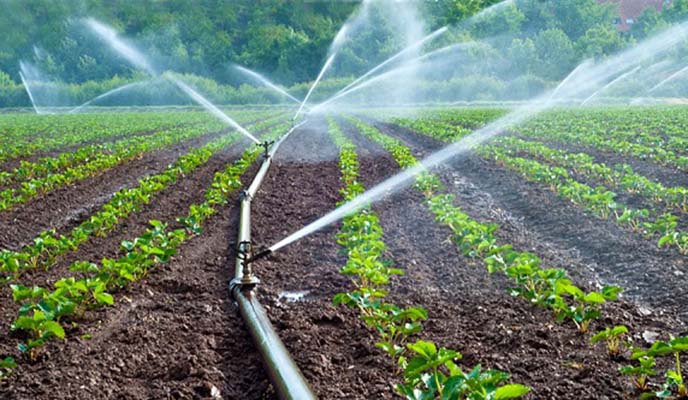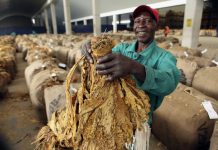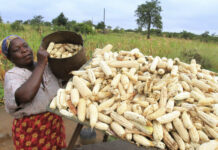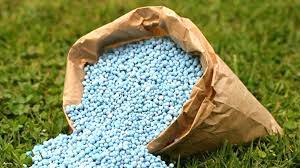Chris Mahove
HARARE – The Agriculture and Rural Development Agency {ARDA} is set to revive all the 450 rural irrigation schemes across the country as part of its rebranding exercise.
Early this year, government gave ARDA the mandate of taking over management of irrigation schemes that were either lying idle or had been vandalised. Most irrigation schemes in the country have been run-down, threatening the country’s capacity to produce enough and return to its “breadbasket of Africa” status.
Chief Executive Officer, Tinotenda Mhiko said in a statement that the move was meant to ensure maximum production for national food, feed, fibre and bio-fuels security and to have enough to export and earn the country the much needed foreign currency.
Mhiko said ARDA would introduce new products and services for farmers across the value chain, adding this would ensure development and industrialisation of marginalised communities.
“ARDA’s new product range will see the deployment of technology and innovations that will see farmers benefitting from the yield output, value addition and access to markets at very competitive prices,” he said.
He said ARDA would soon establish rural agro-processing plants in all strategic locations, a move that will guarantee markets for farmers while at the same time promoting value addition and beneficiation of produce.
“In line with our new mandate, the current trajectory is to establish ARDA as a vehicle for national food, feed, fibre and bio-fuels security anchored on the following two pillars; Rural Development and Industrialisation and Agriculture and Agro-Industry Development,” Mhiko said.
The ARDA CEO said the organisation had to employ strong policies that would see them achieve “quick win solutions” through smart agriculture, saying this would help increase productivity levels in a sustainable way.
The organisation, he said, would also introduce new rural irrigation schemes and community projects to ensure scheme business viability and sustainability.
Zimbabwe is largely an agro-based economy; with agriculture contributing between 15 and 19 per cent to annual Gross Domestic Product {GDP} and the revival of the irrigation schemes will go a long way in strengthening the agriculture industry in the country.
Once dubbed the breadbasket of Africa, agriculture production slumped in the period between 1995 and 2000 but is slowly picking up with government putting in place a number of strategies to help resuscitate the sector, which has high potential to earn the country foreign currency.
Zimbabwe is the biggest tobacco producer in Africa and the fourth in the world.













